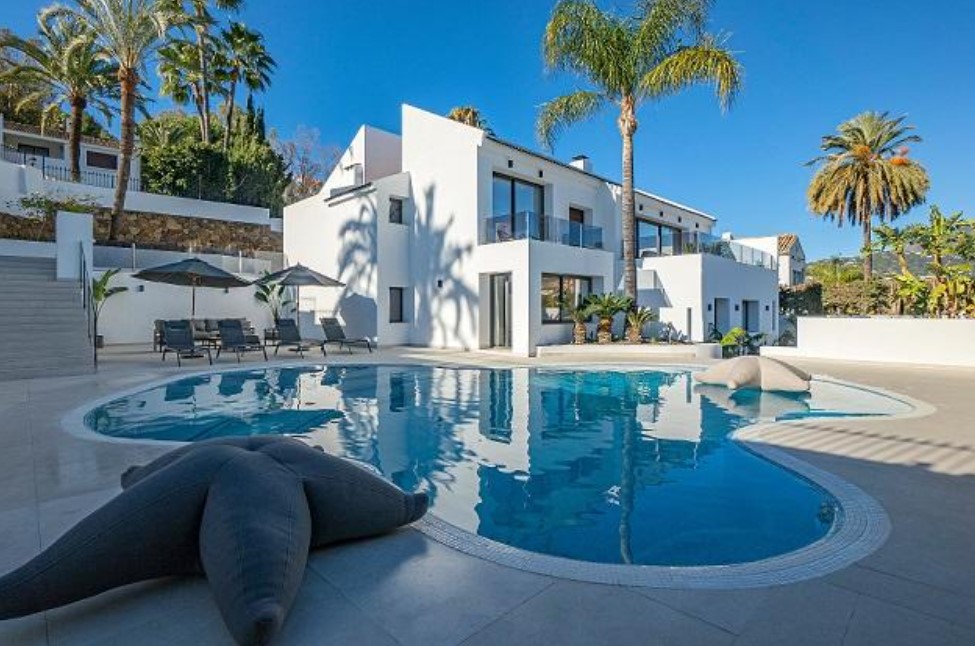How to be a Co-own a Holiday Home

For many people, owning a holiday home for families in a popular destination, like Mallorca is a dream. But the cost as well as the responsibility, which comes with fully owning the property make that dream into a nightmare. That’s why experts recommend potential buyers to opt for shared holiday homes Mallorca.
What Co-Ownership is
It involves owning a property with other people, whether by buying or inheriting. Legally, it falls under two categories, including tenants in common and joint tenancy. Tenants in common may leave or sell their property’s interest through their will. One of the main features of joint tenancy is survivorship rights. This means, by law, surviving co-owners will receive the property’s interests of the deceased person.
How It Works
Many holiday properties are often divided into several units, with potential buyers getting a chance to buy as few or as many as they want. For every unit, you may enjoy several days at the asset. Usually, expenses for shared vacation homes Mallorca are shared between co-owners depending on the percentage of the ownership that everyone holds.
Co-Ownership Advantages
Affordability is one of the benefits of co-owning a holiday home. By sharing all the costs with other co-owners, it will be much easier to afford a holiday home in a perfect destination, not to mention, that you get a chance of owning one of the most expensive vacation properties. Other benefits include the following:
- Shared responsibilities
- Convenience
Co-Ownership Rules
Co-owning a shared holiday property is different from owning other properties. Do you know why? Co-owning shared holiday properties come with rules, including:
- Setting Ground Rules
For the agreement to work, every co-owner must be on the wavelength always on how the asset needs to be used, and every party must reasonably get along well or the concept won’t work.
- Being Flexible
If you plan to invest in properties with a group of people, you must have flexibility, otherwise, it can’t work. Some weeks, like Easter and Christmas, are more prized compared to others, but through a common approach, it will be possible to come up with a solution, which is suitable for every party.
- Contributing to Sinking Funds
Making a financial contribution towards the ongoing expenses of co-owning a home must be equal and fair; thus, the importance of sinking funds. Contributing to sinking funds is one way to make sure there are finances for maintenance and repairs.
- Setting up a Roster
If a group is using the holiday home for their leisure, they must come up with a fair agreement for using it. The best way to do that is to consider setting up a roaster to ensure equal use.
- Agreeing on Cleaning
Holiday homes should be left in an orderly manner so as to reduce possible conflicts. The best way to ensure is to consider paying for a professional cleaner as individuals’ cleaning standards vary.
In conclusion, whenever you are investing in a shared holiday home as a co-owner, ensure you engage a professional real estate advisor or financial planner for solid advice. It will also be important to get legal advice from a professional attorney to avoid possible expenses.


